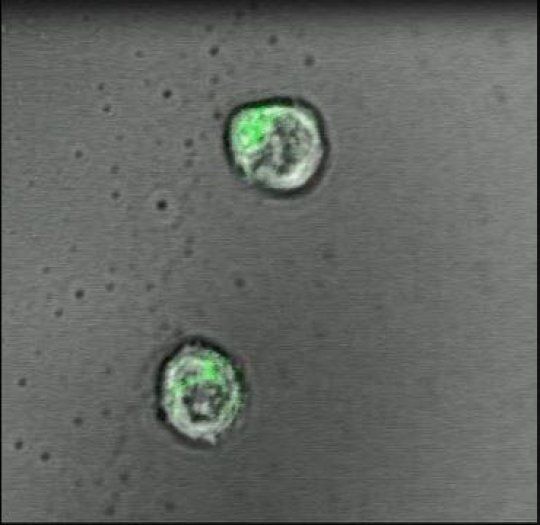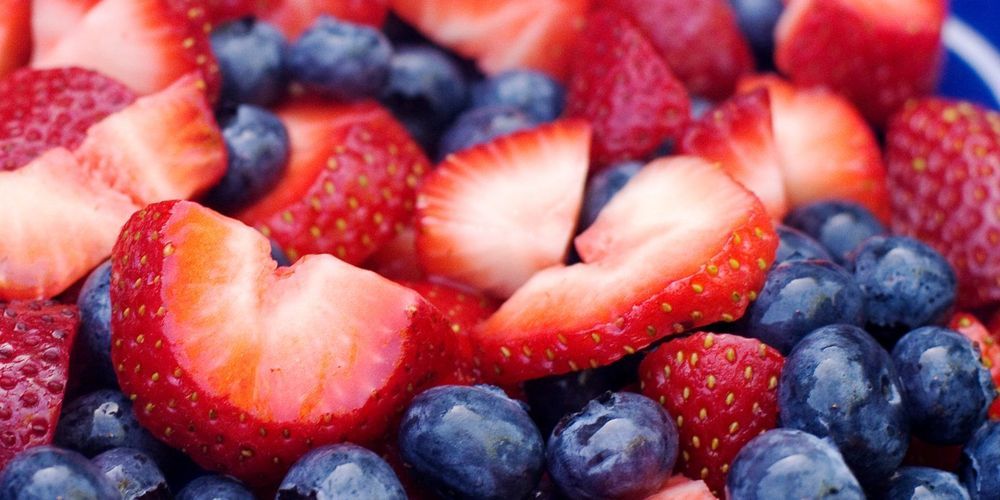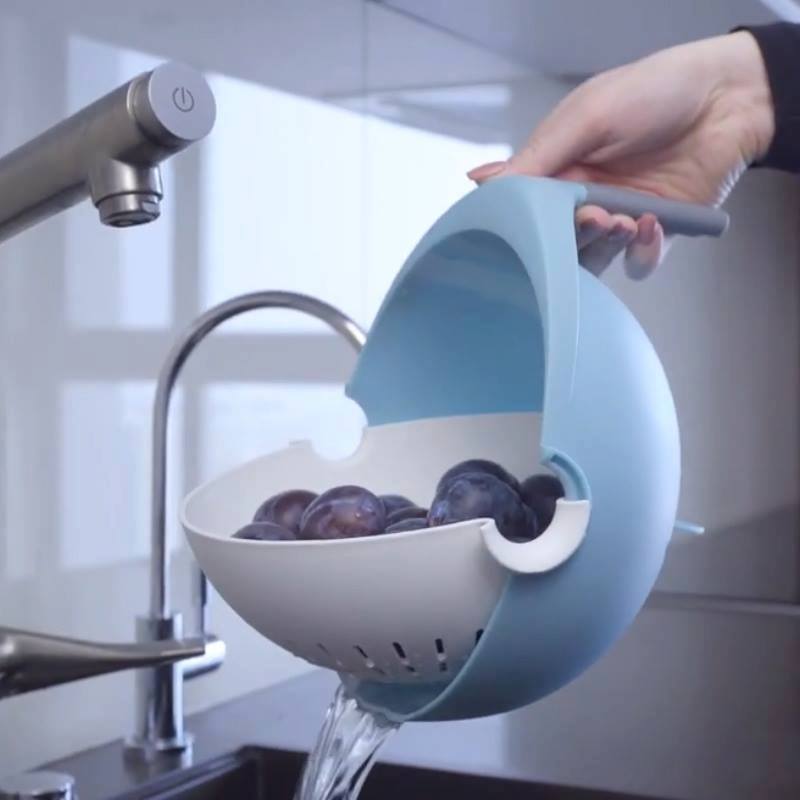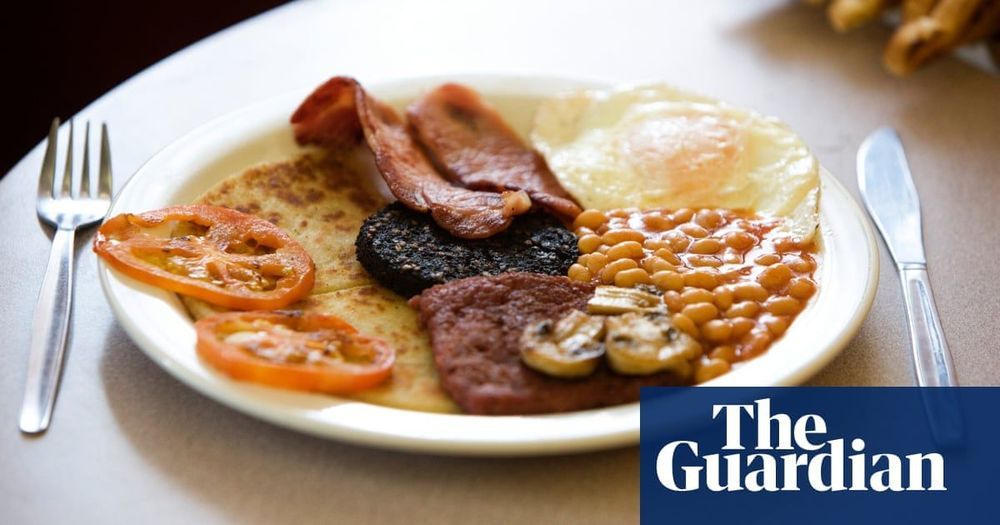Apr 24, 2019
Creating sustainable bioplastics from electricity-eating microbes
Posted by Quinn Sena in categories: biotech/medical, food, sustainability
Electricity harvested from the sun or wind can be used interchangeably with power from coal or petroleum sources. Or sustainably produced electricity can be turned into something physical and useful. Researchers in Arts & Sciences at Washington University in St. Louis have figured out how to feed electricity to microbes to grow truly green, biodegradable plastic, as reported in the Journal of Industrial Microbiology and Biotechnology.
“As our planet grapples with rampant, petroleum-based plastic use and plastic waste, finding sustainable ways to make bioplastics is becoming more and more important. We have to find new solutions,” said Arpita Bose, assistant professor of biology in Arts & Sciences.
Renewable energy currently accounts for about 11% of total U.S. energy consumption and about 17% of electricity generation.
Continue reading “Creating sustainable bioplastics from electricity-eating microbes” »

















